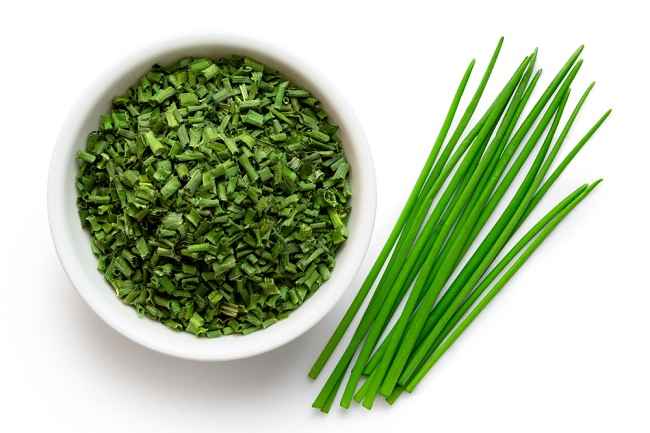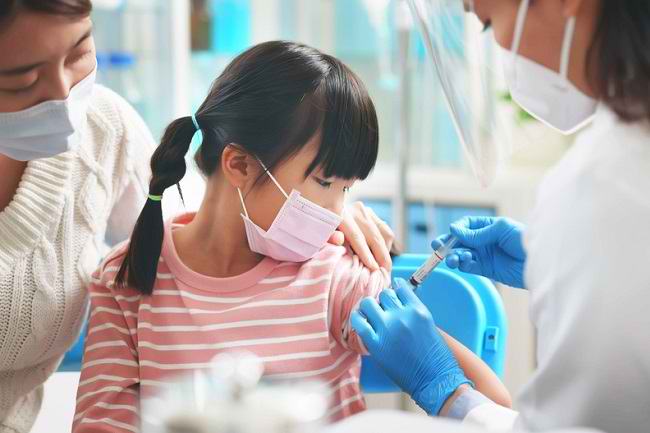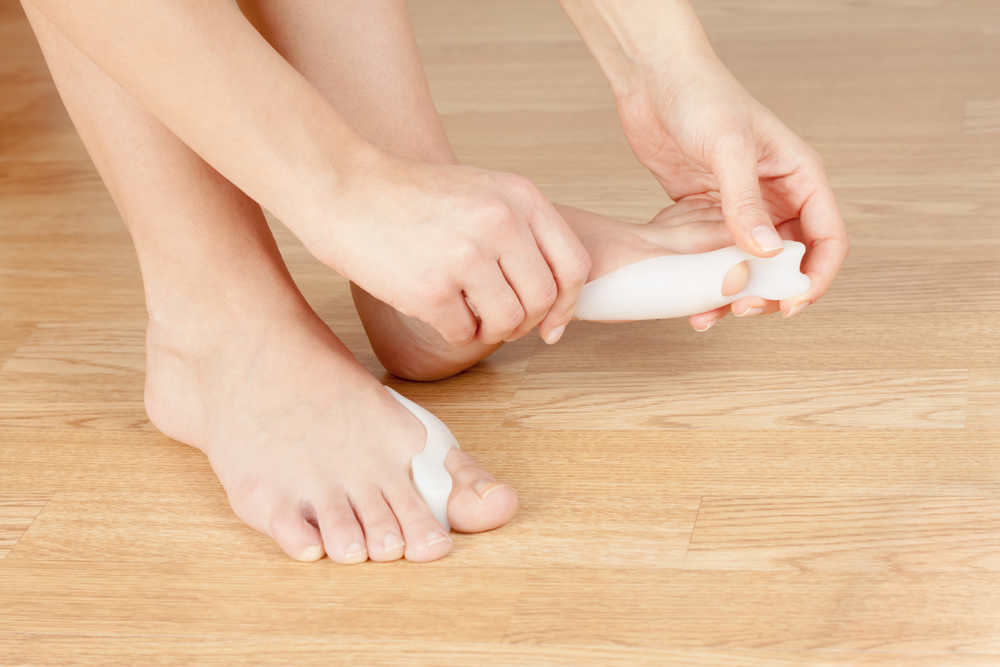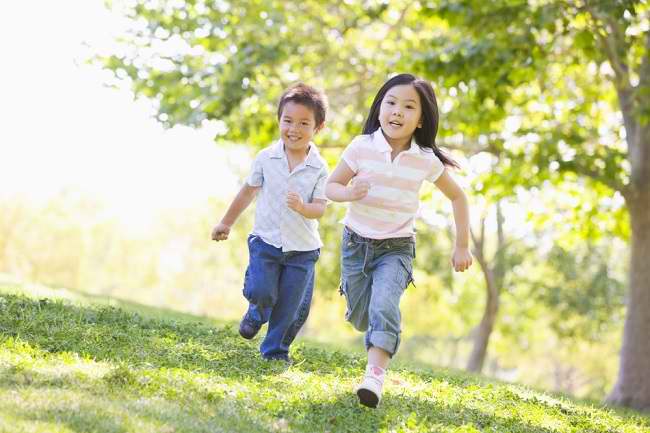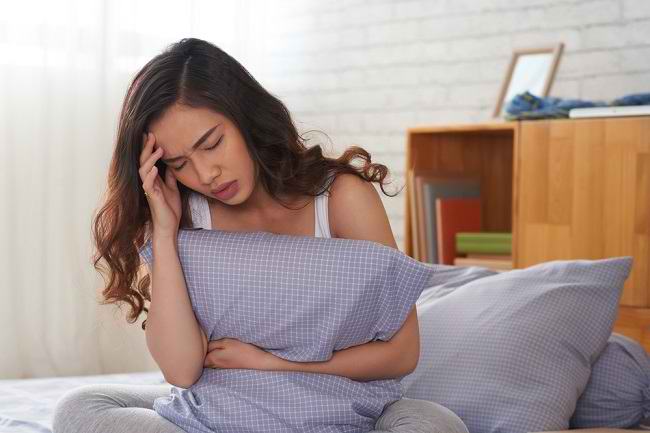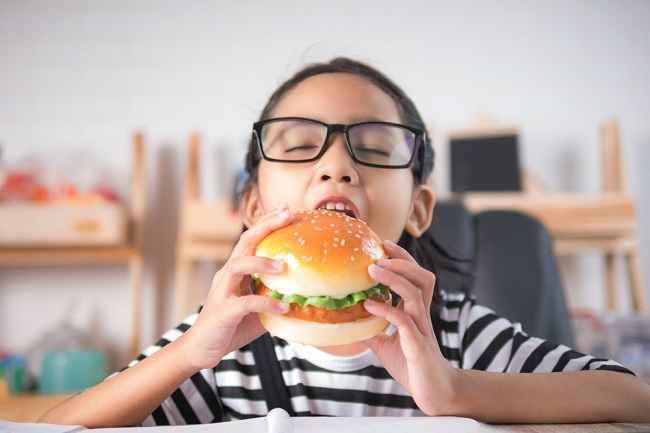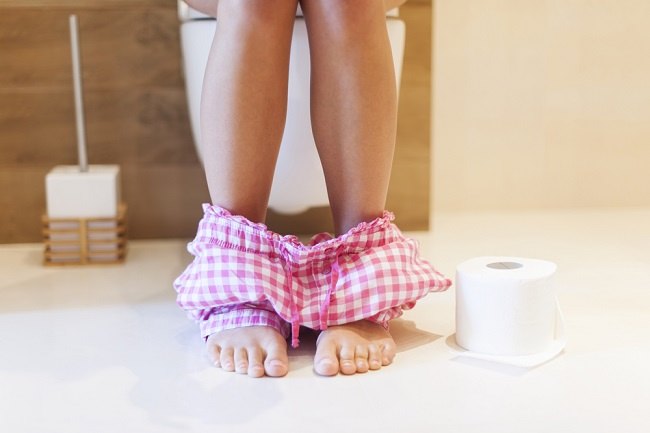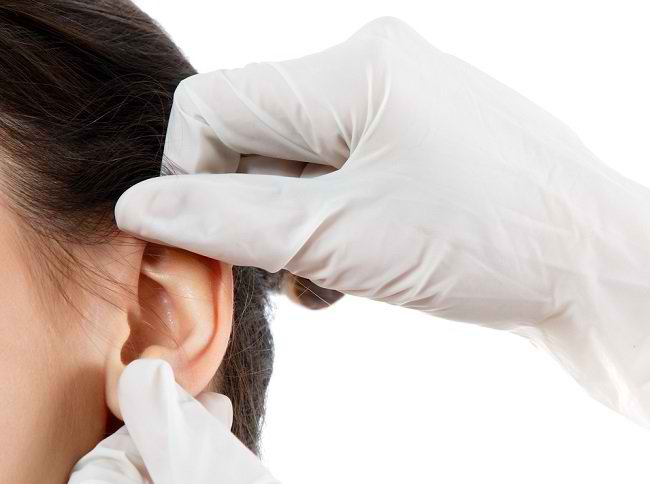Not only teenagers and adults, babies can get acne too. The causes of acne in babies can vary. To overcome and prevent baby acne from getting worse, it needs to be handled carefully.
Baby acne usually appears in babies aged 4-6 weeks or a few days after he was born. Pimples experienced by babies generally only appear for a few days or weeks and will disappear by themselves. However, sometimes baby acne can also appear longer to several months.

Like acne in general, baby acne is also in the form of white or red nodules surrounded by reddish skin. When your little one gets acne, usually these pimples will appear on the cheeks, forehead, chin, or back.
What Causes Baby Acne?
Until now, the exact cause of the appearance of acne in infants has not been ascertained. However, it is known that there are several factors that can increase the baby's risk of developing acne, namely:
Hormone influence
At the end of pregnancy, hormones from the mother can enter the placenta and stimulate the oil glands in the baby's skin. This can then cause acne in the baby after birth.
In certain cases, androgen hormones can also be the cause of baby acne. It is more common in baby boys and babies over 3 months of age.
Bacterial growth on the skin
On the skin there are normal bacteria called normal skin flora. However, when the skin is too oily or there is a blockage in the skin pores, these bacteria can thrive and cause acne.
In addition to bacteria, the appearance of acne on the baby's skin may also be caused by the growth of skin fungi.
Baby's skin is still sensitive
Baby's skin is very delicate, thin, and sensitive, so it is easy to get irritated when exposed to certain substances or objects, such as breast milk or formula, bath soaps that contain detergents, and cloths made from rough or washed with ordinary detergents. This condition causes the baby's skin to become inflamed and acne prone.
How to Treat Baby Acne?
Most baby acne clears up on its own. However, there are several steps you can take to treat acne in babies, including:
1. Jkeep your little one's face clean
When bathing your little one, gently clean his face with warm water and then dry it with a clean towel. Avoid rubbing his face hard because it can make your little one's skin hurt and irritated.
If you use soap, choose a special baby soap that contains moisturizers and does not contain fragrance.
2. Avoid using lotion on the face
Avoid applying any lotion to the baby's skin. This will not only make the baby's skin dry, but can also worsen the baby's acne condition.
To deal with dry skin in babies, you can apply a baby moisturizer with oil-free ingredients or those labeled as non-comedogenic (does not clog pores). This type of moisturizer tends not to clog the pores of the baby's skin, so the risk of acne formation is lower.
If the acne actually gets worse or more and more on your little one's skin, you should stop using the lotion and consult a dermatologist about the problem.
3. Don't squeeze baby pimples
Mother, avoid squeezing your little one's pimples, okay? This action can allow bacteria to enter your little one's skin, thereby exacerbating his acne condition.
4. Apply cream or ointment according to the doctor's prescription
If the pimples that appear on your little one's skin are quite large, large, or appear swollen and festering, then this condition needs to be treated with topical or ointment drugs. To determine the type of acne medication that is suitable and safe for your little one, you can consult a dermatologist.
Baby acne is usually not dangerous and will go away on its own. However, if the pimples that appear on your little one's skin are getting bigger, bigger, festering, or accompanied by a fever, you are advised to immediately check your little one to a dermatologist to get the right treatment.
